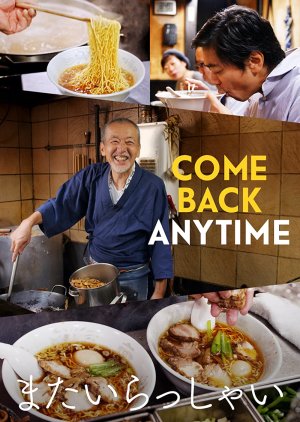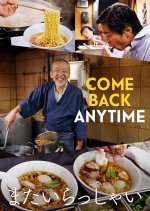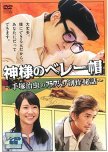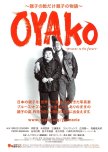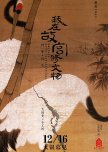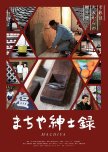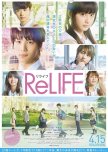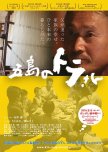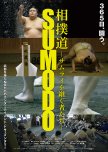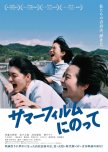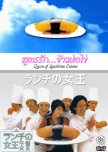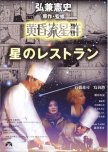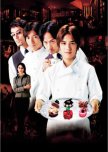For more than forty years, ramen master Ueda Masamoto has been serving his legendary Tokyo-style ramen to a community of regulars who are not only his customers, but true friends. (Source: IMDb) Edit Translation
- English
- 中文(台灣)
- magyar / magyar nyelv
- עברית / עִבְרִית
- Native Title: また いらっしゃい
- Also Known As: Mata Irasshai , 四季拉麵物語
- Genres: Food, Documentary
Reviews

Now, this is only the fifth documentary from Japan that I have watched, so I might be hilariously wrong here -- maybe they were the exceptions, and this is the norm -- but something felt off.
The other documentaries all had a certain sensitivity to them for the mastery of the craft, for the people living it. And for those about specific people, "The God of Ramen" and "Sumodo", I was moved by them because the directors managed to get very close to them -- so close that we saw the men filmed not only in their high points, but also at their lowest, at moments when they were exceptionally vulnerable.
All of the other documentaries, whether they were about a specific person or a group of people, never shied away from the hard facts of life, and from the pain life can bring -- on the contrary, this is when they leaned in even harder, got even closer, focused even more on them -- because only then the good things can really shine.
And even though "Come Back Anytime" follows Ueda-san for a whole year, I never felt that closeness to him, nor that sensitivity for his craft. It felt much more curated, maybe even staged at times. It felt superficial.
It might also feel more distant because in "The God of Ramen" and "Sumodo" the director was there with us all the time -- both of them commented on what we got to see in the films, and even brought in some of their own thoughts and feelings; and I could see how they themselves had grown closer to their subjects during filming. Here, however, the director is only heard posing questions two or three times, probably because he couldn't edit himself out. This director didn't take us on a journey nor did he offer his own perspective, even though the film itself *is* his perspective, so there's no reason to pretend it's objective.
Another thing that bothered me was the Western / European piano music -- it felt wrongly placed in some scenes, when silence would have been preferable; and during some of the talking head interviews, the music was almost louder than the words of the customers.
Maybe the reason why this documentary feels so different and "off" is a very simple one: The director, John Daschbach, is US-American, even though the producer is Japanese.
And still, even with all of this, there are times when the Japanese perspective shines through. When Ueda is humble about his success -- but still takes pride in his craft. When the customers speak with such love about the simpleness of a good ramen soup. When Ueda and his friends handle food and ingredients so gently as if they are their own grandchildren.
So, overall, watching "Come Back Anytime" wasn't a complete waste of time, and I wasn't bored or confused -- but in the end, I have to ask myself, what was the point in showing us this man's life?
Was this review helpful to you?
Recommendations
There have been no recommendations submitted. Be the first and add one.

